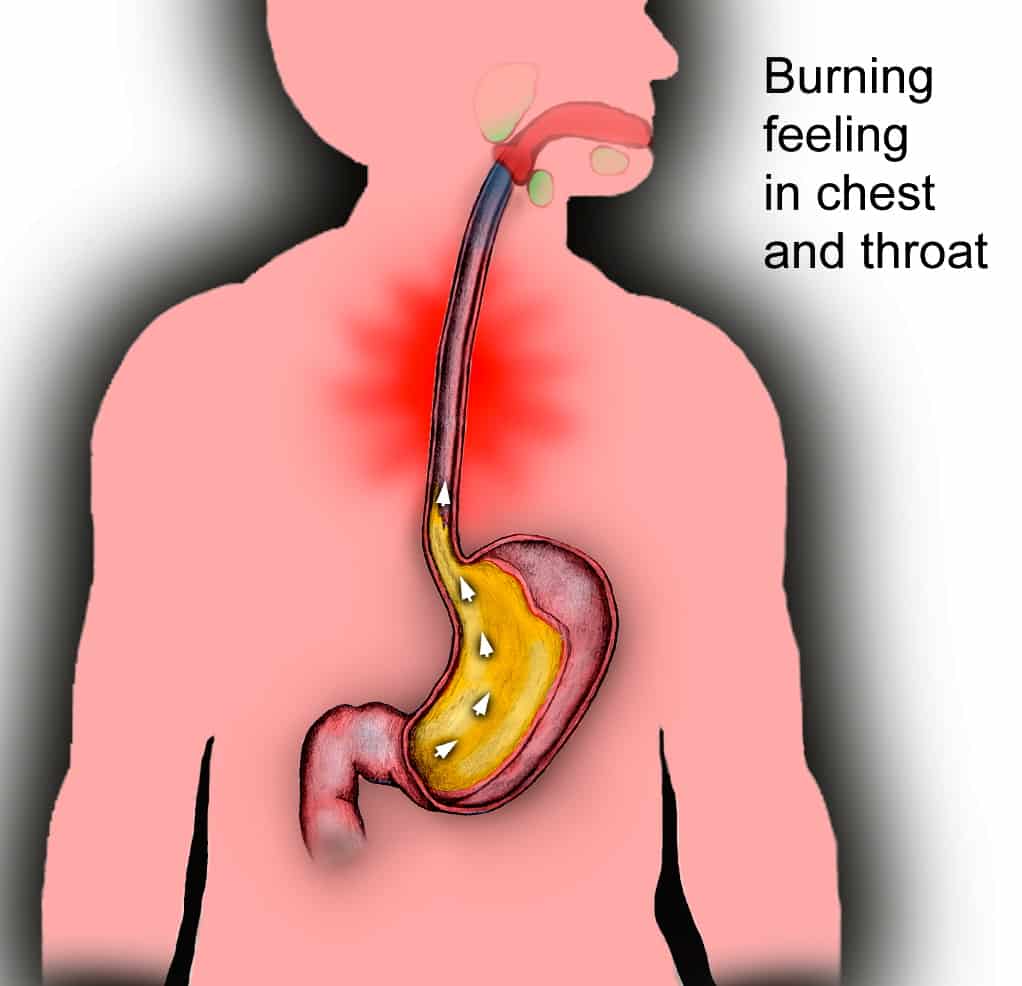Very recently I was diagnosed with Barrett’s esophagus, would you have any recommendations as to nutrition with this problem?
Tom Deuley / Originally posted on the NutritionFacts.org Facebook page
Answer:
So sorry to hear that Tom! For those unfamiliar with the condition, it’s a precancerous condition thought to arise from chronic reflux of acid up from the stomach. In terms of dietary interventions, avoiding meat and maximizing fiber (whole plant food) intake is associated with significantly lower esophageal cancer risk overall (especially beans and greens), but adding more fruits and veggies in general to the diets of those already stricken with Barrett’s does not appear to slow the progression of the disease.
According to the latest review there are ongoing trials on the use of green tea and black raspberries to prevent progression to cancer, but data isn’t expected from these trials for at least a year. So far data is preliminary. I’ll definitely let you know when I see something though!
For those with acid reflux (“heartburn”), before considering proton pump inhibitor drugs I ask my patients to first try decreasing their consumption of dietary components thought to contribute to reflux by decreasing the pressure of the lower esophageal sphincter and increasing the number of relaxations of this sphincter, including fat, chocolate, peppermint, onions, and coffee. Obesity, overeating, and straining associated with constipation may also compromise the sphincter’s ability to keep the acid where it belongs in the stomach. Finally, drinking lots of water throughout the day will help keep things going in the right direction, and at night, raising the head of your bed by four to six inches by placing bricks or wood blocks under the head posts can employ gravity to help keep the acid from creeping up.
Image credit: emedicinehealth.com
